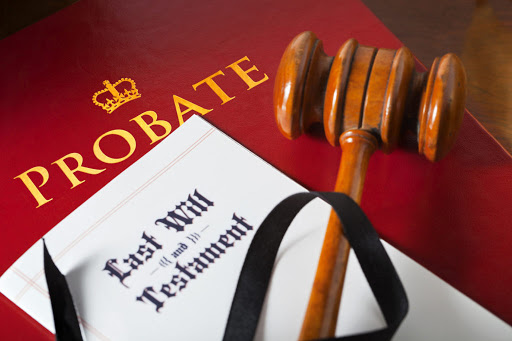Probate Bond: What You Need to Know

What is a Probate Bond?
Many courts may require the appointed executor, guardian, administrator, or trustee to get a Probate Bond before they start their duties.
A Probate Bond (also known as an Estate Bond or Fiduciary Bond) is a type of court bond that ensures you will fulfill your duties as an appointed individual.
Probate Bonds can also be known as Fiduciary Bonds.
How Much Does a Probate Bond Cost?
Probate Bonds range in amount, therefore they range in cost. Usually, your Estate Bond amount will be based on the value of the estate, along with other factors.
You do not need to pay the full bond amount to get bonded. You will pay just a small portion of the total bond amount.
How Does a Probate Bond Work?
A Probate Bond guarantees the appointed individual will comply with state laws and the terms of the will, trust, or court order.
If the appointed individual does not comply with the terms of the will, trust, or court order, someone can make a claim against the bond.
The Bond Claim Process – What Happens If A Claim Is Filed Against Your Probate Bond
If a claim is filed against your bond, the surety company expects you to take care of the claim. If you fail to do this, the surety will usually start an investigation to determine the claim’s validity. They will reach out to both you and the claimant.
One of two things will happen:
The surety company will investigate the claim and determine it to be invalid. No further action will be taken with the investigation, but you might be liable for any costs the Surety incurred during the investigation process.
The surety company will investigate the claim and determine it to be valid.
If the surety company finds the claim to be valid, they will remind you of your obligations under the bond and ask you to settle the claim. Sometimes this involves compensating the protected person for any financial loss or hardship they suffered.
If you fulfill the claim, the claim process ends.
If you fail to fulfill the claim, the surety company will step in and pay the claim for you. The surety company will then come to you for reimbursement of the settlement and any legal costs associated with it.
This is one way a surety bond differs from an insurance policy. While an insurance company does not expect to be paid back for a claim, a surety company does. You are responsible for cooperating with the surety company during the entire claim process. You are also responsible for paying back the surety company every penny they pay out on a claim, including all costs associated with the claim.
Do I Need a Probate Bond?
If the estate’s will requires you to get a Probate Bond, you will need to secure a Probate Bond before you can legally start your duties. Sometimes the will will specifically state a bond is not necessary. In this case, a bond would not be necessary, unless a court deems one necessary above the information in the will.
If the will does not state anything about a bond, the probate court may order the executor, trustee, guardian, or conservator to post a Probate Bond. If none of the above circumstances apply, the estate may not need an Estate Bond.